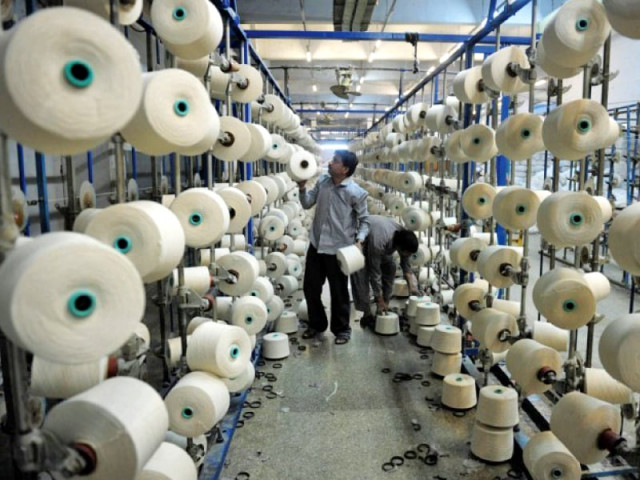APTMA urges govt to rethink energy pricing
Voices concern over rising energy costs, calls for competitive rates to sustain global competitiveness.

The All Pakistan Textile Mills Association (APTMA) has expressed deep concern over the government’s decision to increase energy prices and urges the government to reconsider its stance on energy pricing for industrial consumers.
It has raised concerns over the increase in captive gas price to Rs2,750/MMBtu and the plan to supply industry with a 35:65 domestic gas/RLNG blend, pushing the price of captive power generation well above regionally competitive levels.
The international competitiveness of Pakistan’s textiles and apparel exports is continuously eroded by ever-increasing energy prices, which are over twice those in competing regional economies. Production at these rates is not financially feasible, and we are rapidly losing market share to countries like Bangladesh, India, and Vietnam that have significantly lower energy tariffs.
“The government wants to shut down captive generation by making it unaffordable. With grid electricity price at over 16.7 cents/kWh, there is no financially viable source of energy for the industry to continue manufacturing with,” APTMA said in a statement.
While the intent to streamline gas consumption is understandable, the transition must not jeopardise the textile and apparel industry’s viability.
For the industry to remain competitive, provide employment, and earn foreign exchange, energy prices must align with regional benchmarks, said the statement. The current scenario, where the industry is made to cross-subsidise other power consumers, is untenable and counterproductive to our shared goals of economic stability and growth, it read.
APTMA urged the government to reconsider its stance on energy pricing for industrial consumers. A shift away from captive generation should be incentivised by removing cross-subsidies from power tariffs for industrial consumers and bringing them down to a regionally competitive level of 9 cents/kWh, said the association. Moreover, B2B power contracts must be allowed with a use of system/wheeling charge of 1-1.5 cents/kWh for procurement of green energy at competitive endues prices that are necessary to maintain export competitiveness following the advent of the EU C-BAM and other green regulations.
“We stand ready to work closely with the government to ensure that Pakistan’s textile and apparel industry remains a global competitor, providing jobs to millions and contributing to the country’s export and economic growth,” said the statement.
Published in The Express Tribune, February 18th, 2024.
Like Business on Facebook, follow @TribuneBiz on Twitter to stay informed and join in the conversation.



















COMMENTS
Comments are moderated and generally will be posted if they are on-topic and not abusive.
For more information, please see our Comments FAQ